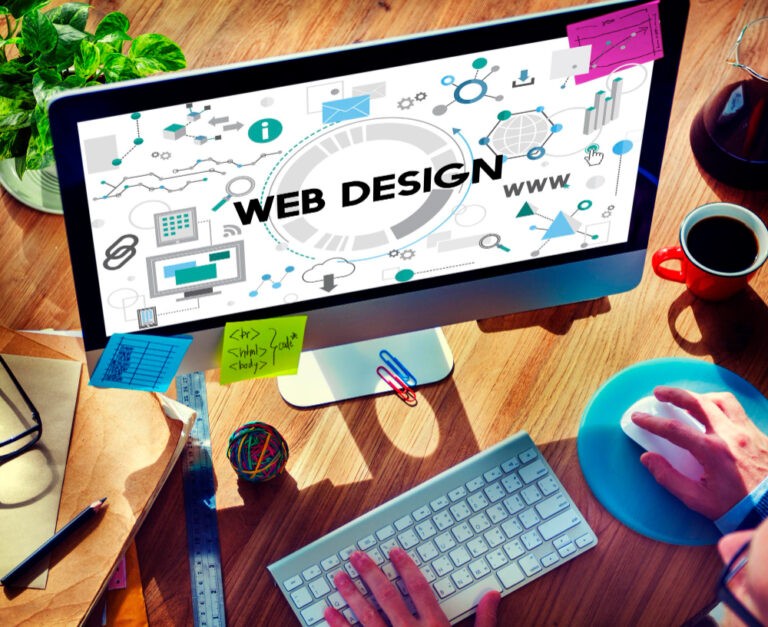Table of Contents
Introduction
Artificial Intelligence (AI) has emerged as a transformative technology that is revolutionizing various industries across the globe. With its ability to mimic human intelligence and perform tasks that were once exclusive to humans, AI is reshaping industries and transforming lives. This blog post explores the impact of AI across different sectors and the exciting possibilities it brings for the future.
Understanding AI
Before diving into the applications of AI in different industries, it’s essential to understand what AI is and how it works. AI refers to the development of computer systems capable of performing tasks that typically require human intelligence. It encompasses various technologies like machine learning, natural language processing, computer vision, and more.
AI in Healthcare
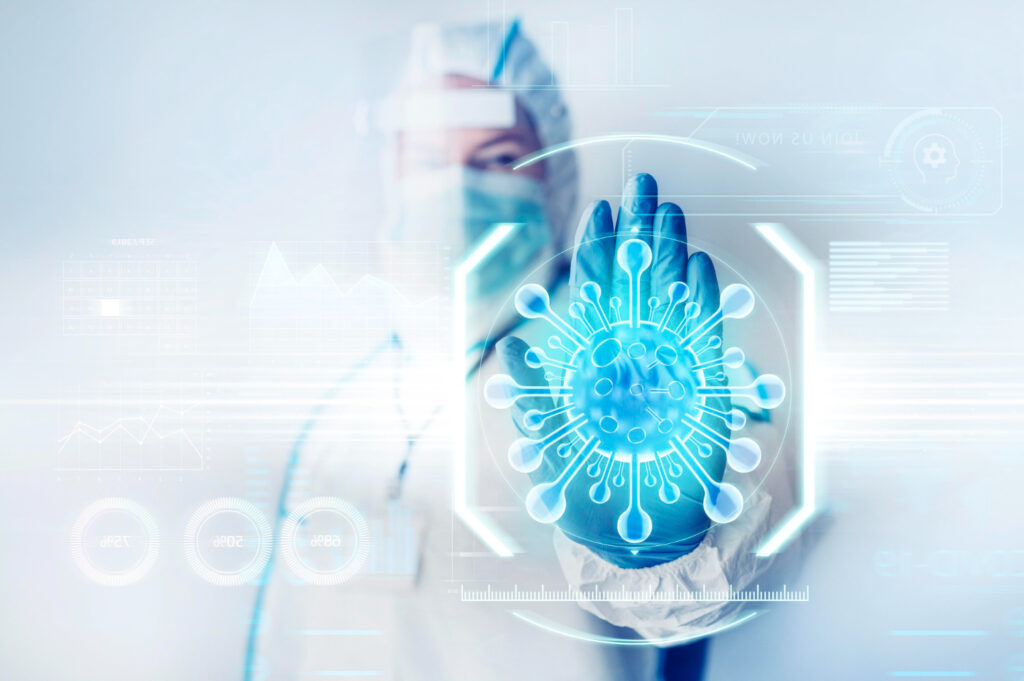
AI is making significant strides in the healthcare industry, revolutionizing patient care, diagnostics, and drug discovery. Machine learning algorithms can analyze vast amounts of medical data to assist in early disease detection, personalized treatment plans, and improved patient outcomes. AI-powered robotic systems are also transforming surgical procedures, making them more precise and efficient.
AI in Education
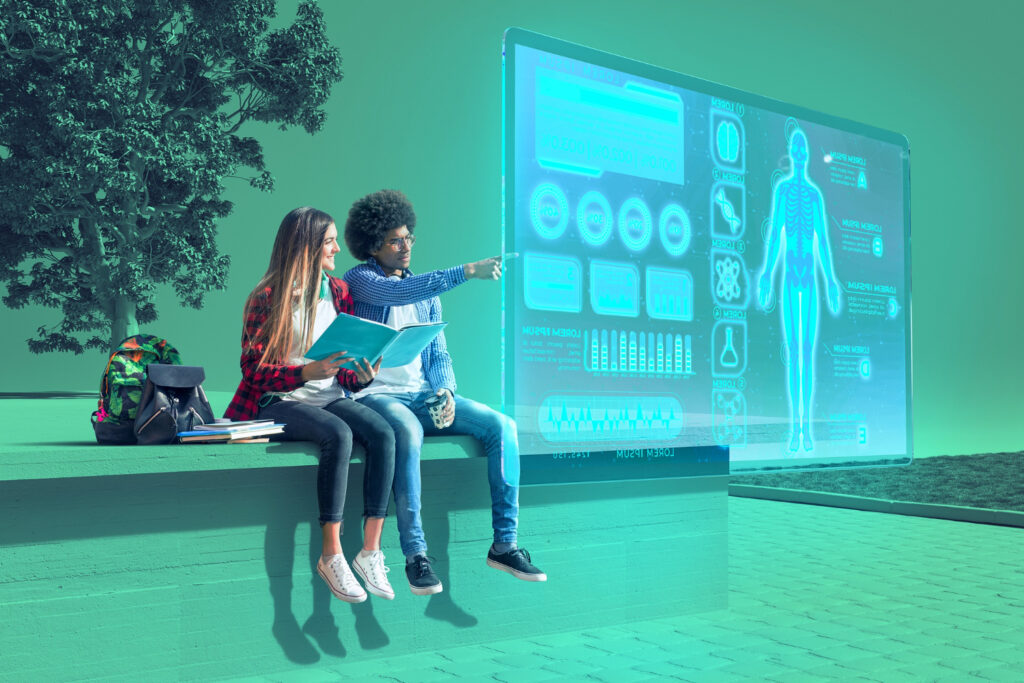
In the realm of education, AI is enhancing the learning experience for students and educators alike. Intelligent tutoring systems can provide personalized instruction, adaptive learning paths, and real-time feedback to students. AI-powered chatbots are being used to assist students with their queries, provide educational resources, and even facilitate language learning.
AI in Finance
The financial sector is leveraging AI to streamline operations, enhance security, and provide personalized customer experiences. AI algorithms can analyze vast amounts of financial data to detect fraud, predict market trends, and automate investment strategies. Chatbots and virtual assistants powered by AI are transforming customer service in banking, providing prompt and accurate support.
AI in Manufacturing
In the manufacturing industry, AI is driving efficiency, productivity, and automation. AI-powered robots and robots are performing complex tasks, improving precision and reducing errors. Predictive maintenance systems powered by AI can anticipate equipment failures, minimizing downtime and optimizing production schedules. AI is also enabling smart supply chains and logistics management.
AI in Transportation
The transportation sector is being transformed by AI through advancements in autonomous vehicles, route optimization, and traffic management systems. Self-driving cars are becoming a reality, offering safer and more efficient transportation. AI algorithms can analyze traffic patterns and make real-time adjustments, minimizing congestion and improving overall transport efficiency.
AI in Customer Service
AI-powered chatbots and virtual assistants are revolutionizing customer service by providing instant support and personalized experiences. Natural language processing enables chatbots to understand and respond to customer queries effectively. With AI, businesses can offer round-the-clock customer support, resolve issues promptly, and enhance customer satisfaction.
AI in Entertainment
The entertainment industry is harnessing the power of AI to create immersive experiences and personalized content recommendations. AI algorithms can analyze user preferences and behavior to suggest movies, music, and other forms of entertainment tailored to individual tastes. Virtual reality (VR) and augmented reality (AR) technologies powered by AI are also reshaping the gaming and entertainment landscape.
AI in Agriculture
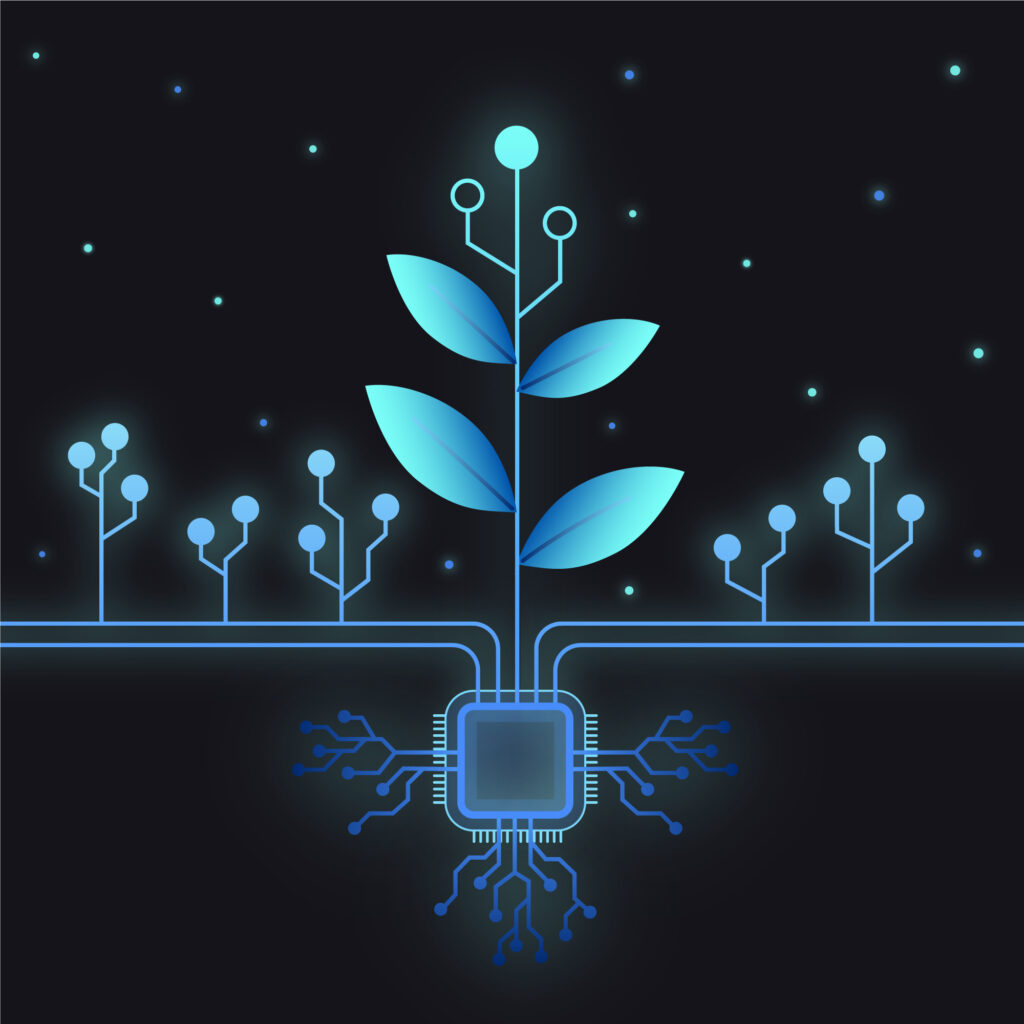
AI is bringing innovation to the field of agriculture, improving crop yields, and optimizing resource management. AI-powered systems can analyze soil conditions, weather patterns, and plant health to provide farmers with actionable insights for optimal decision-making. Drones equipped with AI technology can monitor crops, detect diseases, and even assist in precision spraying.
AI in Energy
In the energy sector, AI is enabling efficient energy management, grid optimization, and renewable energy integration. AI algorithms can analyze energy consumption patterns and make predictions to optimize energy distribution. Smart grids powered by AI can detect and respond to fluctuations in energy demand, leading to more reliable and sustainable energy systems.
AI in Retail
AI is revolutionizing the retail industry by providing personalized shopping experiences and improving inventory management. AI-powered recommendation systems can suggest products based on customer preferences and buying behavior. Computer vision technology enables cashier-less stores, where customers can simply pick up items and walk out, with AI algorithms tracking their purchases.
AI in Cybersecurity
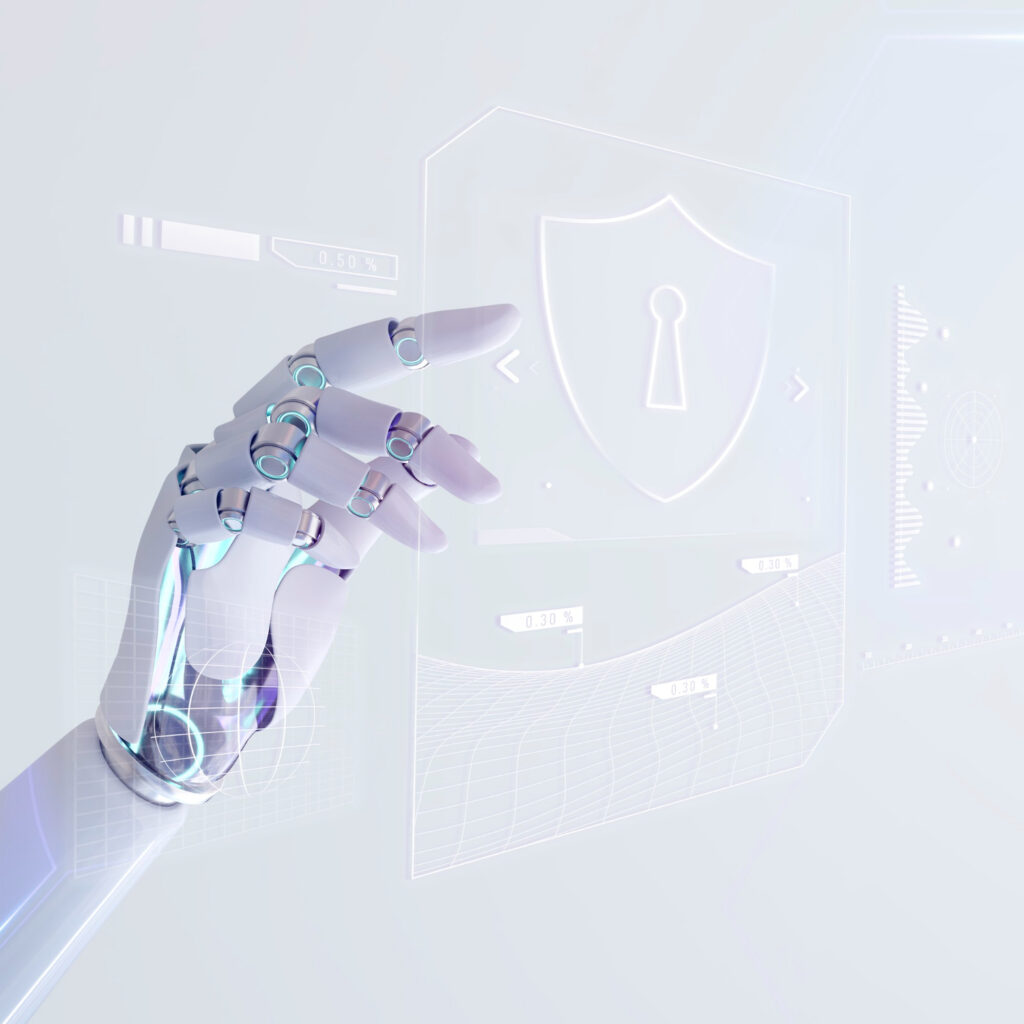
As cybersecurity threats become more sophisticated, AI plays a vital role in detecting and preventing cyberattacks. AI-powered systems can analyze network traffic, identify anomalies, and proactively defend against threats. Machine learning algorithms can learn from previous attacks and continuously improve the security infrastructure to stay one step ahead of cybercriminals.
Ethical Considerations
While AI offers immense potential, it also raises ethical considerations that need to be addressed. Issues such as data privacy, algorithmic bias, and job displacement require careful attention. It is crucial to ensure the responsible development and deployment of AI technologies to mitigate potential risks and promote ethical practices.
Conclusion
The future is here, and AI is transforming industries and revolutionizing lives in remarkable ways. From healthcare and education to finance and manufacturing, the applications of AI are diverse and far-reaching. As we embrace the potential of AI, it is essential to foster ethical practices, address challenges, and harness its power to create a better future for all.
FAQs
- Q. What is Artificial Intelligence (AI)?
- ANS. AI refers to the development of computer systems capable of performing tasks that typically require human intelligence. It encompasses technologies like machine learning, natural language processing, and computer vision.
- Q. How is AI reshaping healthcare?
- ANS. AI is revolutionizing healthcare by enhancing patient care, diagnostics, and drug discovery. Machine learning algorithms analyze medical data for early disease detection, personalized treatment plans, and improved surgical procedures.
- Q. What are the applications of AI in education?
- ANS. AI is transforming education by providing personalized instruction, adaptive learning paths, and educational resources through intelligent tutoring systems and AI-powered chatbots.
- Q. How is AI impacting the financial sector?
- ANS. AI is streamlining operations in finance, detecting fraud, predicting market trends, and providing personalized customer experiences. Chatbots and virtual assistants powered by AI are improving customer service in banking.
- Q. What are the ethical considerations surrounding AI?
- ANS. Ethical considerations in AI include data privacy, algorithmic bias, and job displacement. Responsible development and deployment of AI technologies are crucial to address these concerns.
Don’t forget to check out these essential WordPress blogs too:
- Make Your WordPress Website Shine with Elementor
- 7 Reasons to Start a WordPress Blog
- The Benefits of WordPress for Small Businesses
- 10 Reasons Why WordPress is the Best Option for Small and Mid-Size Businesses
- Setting up a WordPress Website
With comprehensive WordPress plugins, a superb website design and smart digital marketing practices, you can surpass your competitors and achieve great success in your business.


